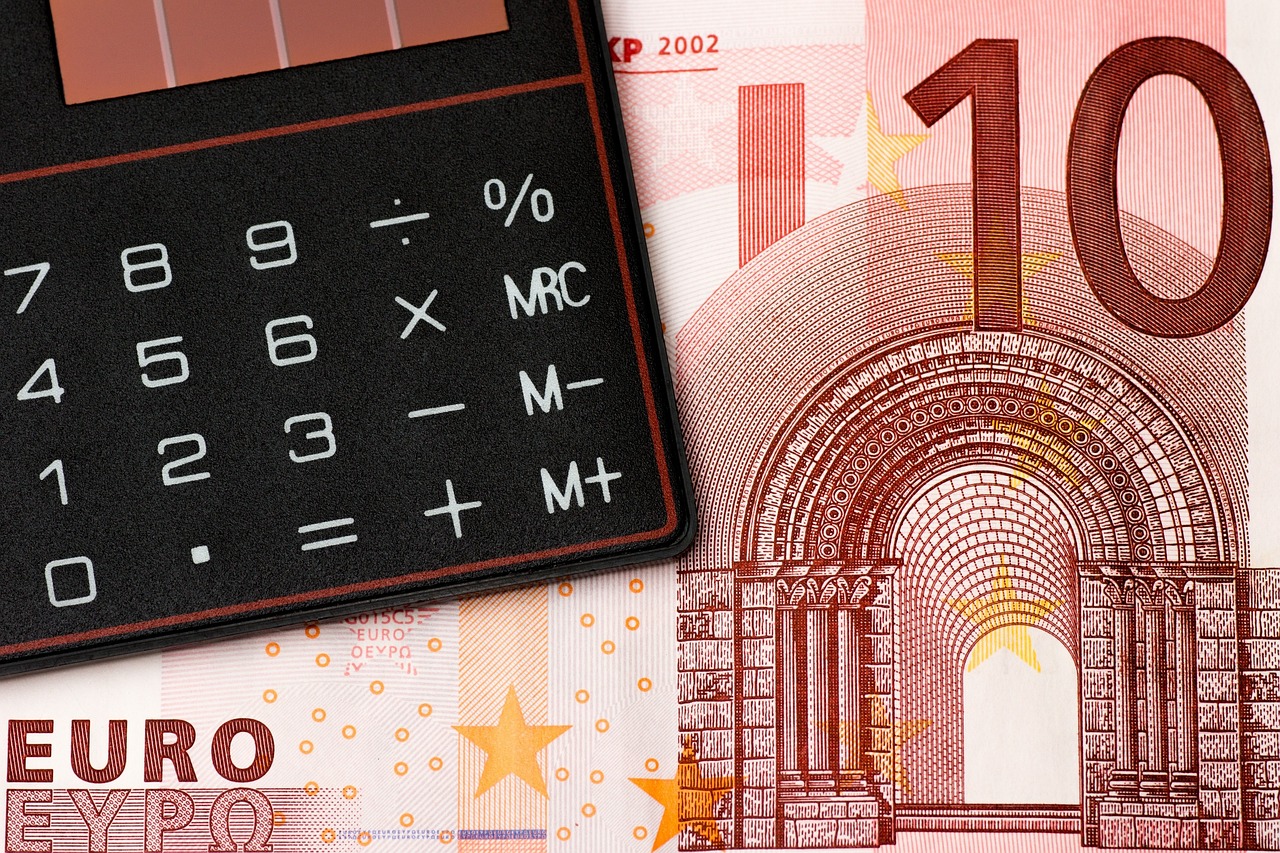Saving money doesn’t have to be hard. With some planning and smart choices, you can easily lower your monthly expenses and reach your financial goals. Here are the top 10 simple ways to save money every month:
1. Make a Budget and Follow It
Start by writing down how much you earn and spend. Separate your spending into needs (like rent, bills, and groceries) and wants (like movies or eating out). Use apps or a notebook to keep track and avoid spending too much.
2. Cancel Unused Subscriptions
Check your monthly subscriptions like streaming services, gym memberships, or apps. Cancel the ones you barely use or find cheaper options. You can also share subscriptions with friends or family to save extra.
3. Cook Meals at Home
Buying takeout or eating at restaurants can cost a lot. Plan your meals for the week, make a shopping list, and cook at home. Preparing meals in advance also helps avoid last-minute food orders.
4. Use Coupons and Cashback Apps
Look for discounts, coupons, and cashback deals when shopping. Apps like Rakuten, Honey, or Ibotta can help you find great deals and even earn money back on your purchases.
5. Cut Energy Bills
Save on utilities by turning off lights and gadgets when not in use. Use energy-efficient bulbs and appliances, and adjust your thermostat. Simple habits like unplugging devices or air-drying clothes can save money too.
6. Buy in Bulk
Get household supplies, non-perishable foods, and toiletries in bulk to save per item. Shop at wholesale stores or take advantage of discounts. Just be careful not to buy things you won’t use.
7. Avoid Impulse Shopping
Before buying something, wait a day to decide if you really need it. This little trick can help you avoid unnecessary purchases and save a lot in the long run.
8. Carpool or Use Public Transport
Skip driving when you can. Take public transport, ride a bike, or even walk. If you need to drive, carpool with friends or coworkers to split costs on fuel and parking.
9. Shop at Thrift Stores
Thrift shops and online marketplaces like eBay or Facebook Marketplace are great for finding cheap clothes, furniture, and more. Buying used items is budget-friendly and helps reduce waste.
10. Set Up Auto-Savings
Automatically transfer some of your paycheck to a savings account every month. Treating savings like a regular expense makes it easier to build an emergency fund or save for big goals.
Final Thoughts
Saving money is about making small but smart changes in your daily life. Start with a few tips from this list and add more over time. These habits will grow, helping you build a stable and stress-free financial future.
Which tips will you try first? Let us know in the comments below—and feel free to share your own money-saving ideas!



